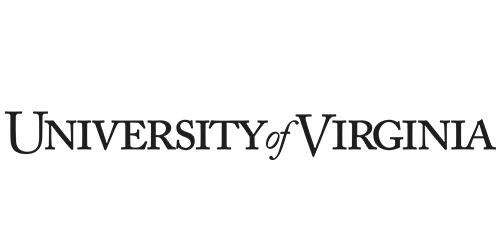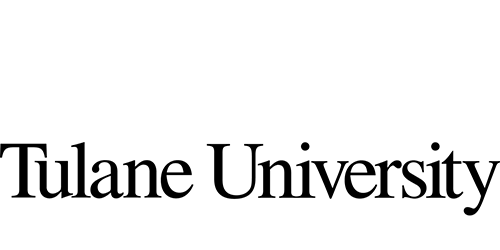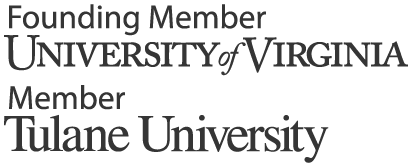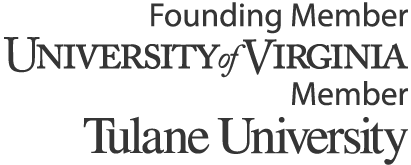In our rapidly changing world, fairness and social equity are at the base of any sustainable future for communities across the globe. The necessary improvement in life conditions for extensive portions of the world’s population faces multiple challenges, sometimes unique and often shared. Faculty members of the University of Virginia are committed to working in different places on the planet, many of them in the global south, addressing issues of public health, pollution, and humanitarian crisis. Community development, entrepreneurship, governance, and the impact of cultural, historic or religious relations are essential factors in shaping a more equitable society. The speakers will share their individual experiences and engage in discussions.
This symposium is intended to keep and intensify the current conversations among experts in different disciplines working with similar ambitions, facing challenges in equitable development. The symposium is open to the public, and supported by the Program in Global Studies, the Center for Global Inquiry and Innovation, the Institute for Humanities and Global Cultures and the Yamuna River Project.
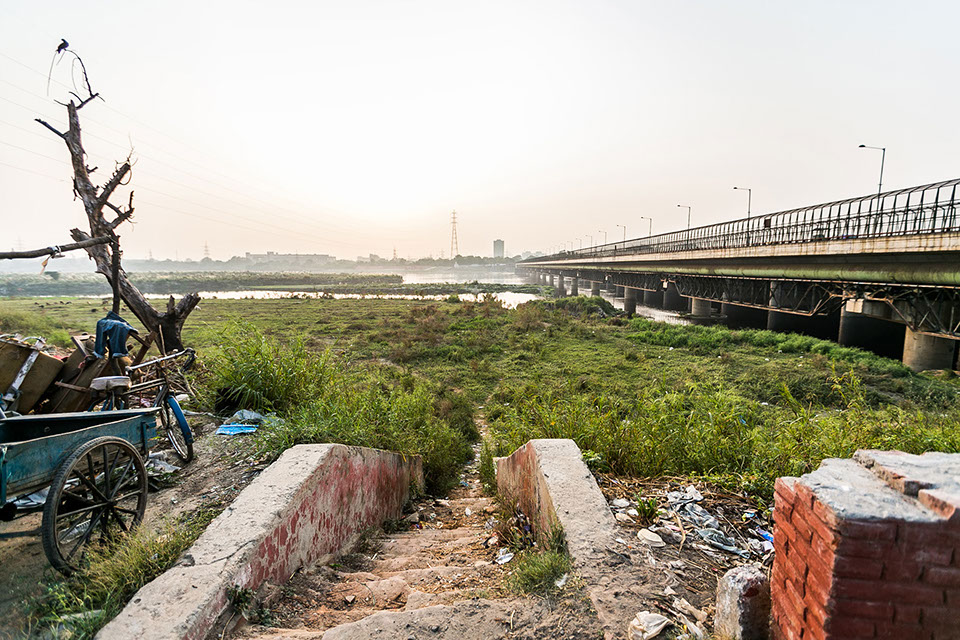
SPEAKERS:
Brian Owensby, History: Historic Impact
John Echeverri-Gent, Politics: Governance
Winston Lung, Engineering: Water Quality
Matt Reidenbach, Environmental Sciences: Land Use
Michael Allen, Religious Studies: Religious Influence
Shankar Nair, Religious Studies: Religious Influence
Liz Rogawski, Public Health: Public Health Implementation
Vivian Thomson, Environmental Sciences and Politics: Trash Management
Brian Owensby, History: Historic Impact
Sree Sathiamma, Global Studies: Community Development
Peter Debaere, Darden School of Business: Water Economics
Dan Ehnbom, Art History: The Goddess Yamuna
Exhibition Opening and Introduction
March 16, 2017. 5:00-6:00 pm
Campbell Hall
Challenges in Equitable Development
April 14, 2017. 10:00-12:30
Hotel A
Selected Abstracts:
The Goddess Yamuna
Dan Ehnbom
The river goddess Yamuna has appeared in religious literature since the Vedas, and from the 5th century CE is frequently represented in architecture and painting. The banks of the river are sanctified by myth and also provide the sites of some of the most splendid architectural remains of the Mughals.
Land Use Mapping
Matt Reidenbach
The city and region of Delhi has undergone rapid expansion in human population over the past 25 years, from roughly 10 million people in 1991 to 20 million at present day. This has dramatically shifted the landscape, with large land regions once containing vegetation cover and water bodies, now being covered in concrete and buildings, ultimately placing enormous stress on local water supplies and its quality.
The End of Means of Development
Michael Allen
In “The Ends and Means of Development,” Michael S. Allen (Religious Studies) reflected on development from a Gandhian perspective. He drew attention to (a) Gandhi’s critique of “civilization” and (b) Gandhi’s belief that ends are shaped by means, and he discussed the influence of these principles on the contemporary environmental activist Sunderlal Bahuguna.
Pricing Water: Programmatic Thoughts on Water and Economics
Peter Debaere
Peter Debaere argued for pricing water properly in order to make sure that goods (that require varying amounts of water) are produced in those areas best fit for their production. He argued many advantages of proper water prices, and emphasized that the poor in emerging economies often pay the higher price of water as they are more likely to be excluded from a well-functioning water infrastructure. Here, a more realistic price of water, may help include them in the water infrastructure.
Colonialism and Global Development
Shankar Nair
Shankar Nair spoke on the history of colonialism in South Asia and the Middle East, arguing that the legacy of colonialism has effectively excluded a great multitude of voices across the globe from the discourse of “global development.” The central challenge, according to Nair, is to find a way to bring all these voices to the table, including those local and regional perspectives which may not speak in the terms of a Western-style university, but which nevertheless have their own sophisticated ways of conceptualizing and diagnosing the various challenges faced by their communities in light of their own distinctive values and world-views. Finding a way to listen to these voices and to converse genuinely with them needs to be a top priority in any enterprise of “development,” itself a contested term that would not necessarily be recognized by the communities who are most directly impacted by development-oriented activities.
Public Health Implementation: Access to Clean Water in Rural South Africa
Liz Rogawski
Despite the fact that the right to water is enshrined in the South African constitution, access to clean drinking water is inequitable, especially in the poorest regions of the country. Frequent interruptions in access to municipal water and the use of alternative drinking water sources are associated with bacterial contamination and pose a significant health risk. Point-of-use water treatment solutions have the potential to provide a short-term low-cost solution, but will not eliminate the necessity for improved management and large scale infrastructure.

